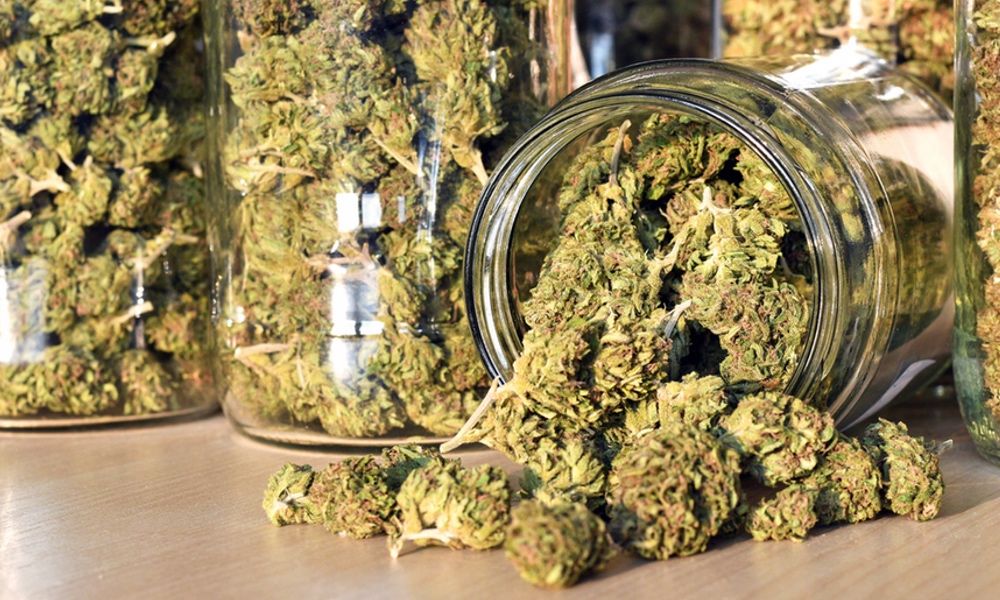By August of this year 38 states had legalized cannabis for medical use and 19 states and the District of Columbia had also made it legal for recreational use. These laws have meant that cannabis use among adults has increased by 25 percent.
This rise in marijuana use has led to concern that the legalization of recreational cannabis may spark an increase in alcohol use, but the evidence has been conflicting. In a recent study, researchers from the University of Pittsburgh and William Paterson University have found the legalization of recreational cannabis may unintentionally lead to increased alcohol use, especially among young adults and men.
“Policy makers and clinicians should consider changes in recreational use patterns as states continue to legalize recreational cannabis,” the researchers noted, adding that as states rapidly move to legalize recreational cannabis, a better understanding of the association between cannabis laws and alcohol use is particularly important.
The results are based on data from 4.2 million individuals in all 50 states who responded to the Behavioral Risk Factor Surveillance System (BRFSS) between 2010 and 2019. Recreational cannabis legalization was associated with an almost one percentage point increase in any alcohol use, but was not significantly associated with binge drinking or heavy drinking.The legalization of recreational cannabis may unintentionally lead to increased alcohol use, especially among young adults and men.
Increases in alcohol consumption were reported mostly among men and young adults between the ages of 18 and 24 years old. An almost 1.5 percentage point increase in binge drinking was seen among men, although this association decreased over time. Alcohol use also increased among non-Hispanic white study participants and those with no college education.
How long the association between recreational cannabis legalization and increased alcohol use persists, or if it diminishes along with the novelty of legalized cannabis is an area for future study.
As more data become available following cannabis legalization, the risks of legal cannabis — such as cannabis use disorder and lung damage, and its benefits for the treatment of pain, glaucoma and epilepsy — will need to be weighed against the costs of increased alcohol use. The researchers believe these cost-benefit analyses should especially focus on young adults and men.
The study is published in JAMA Health Forum.





